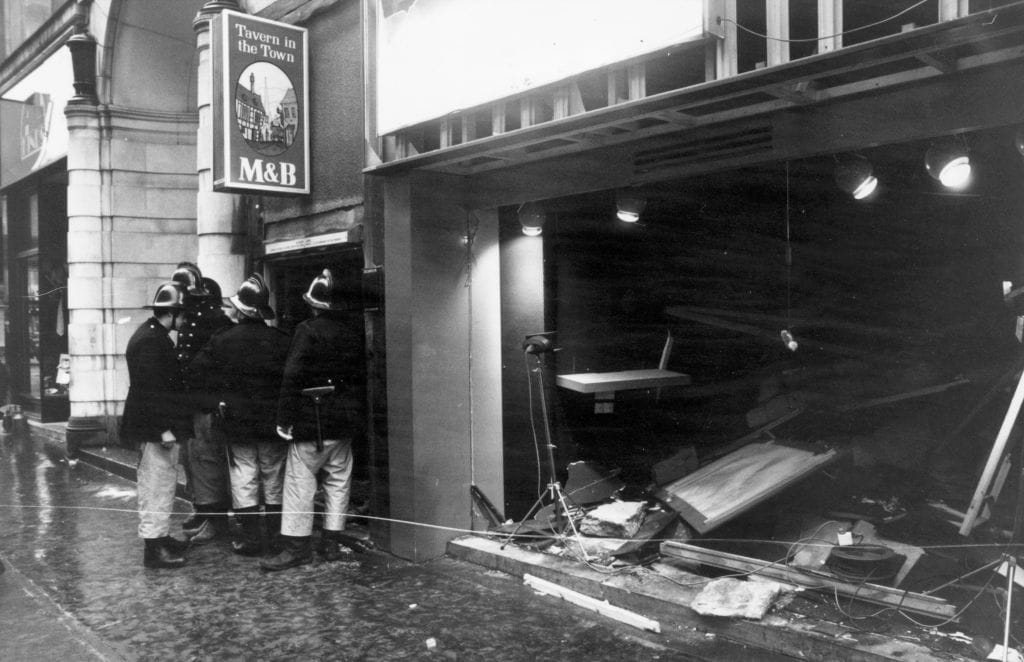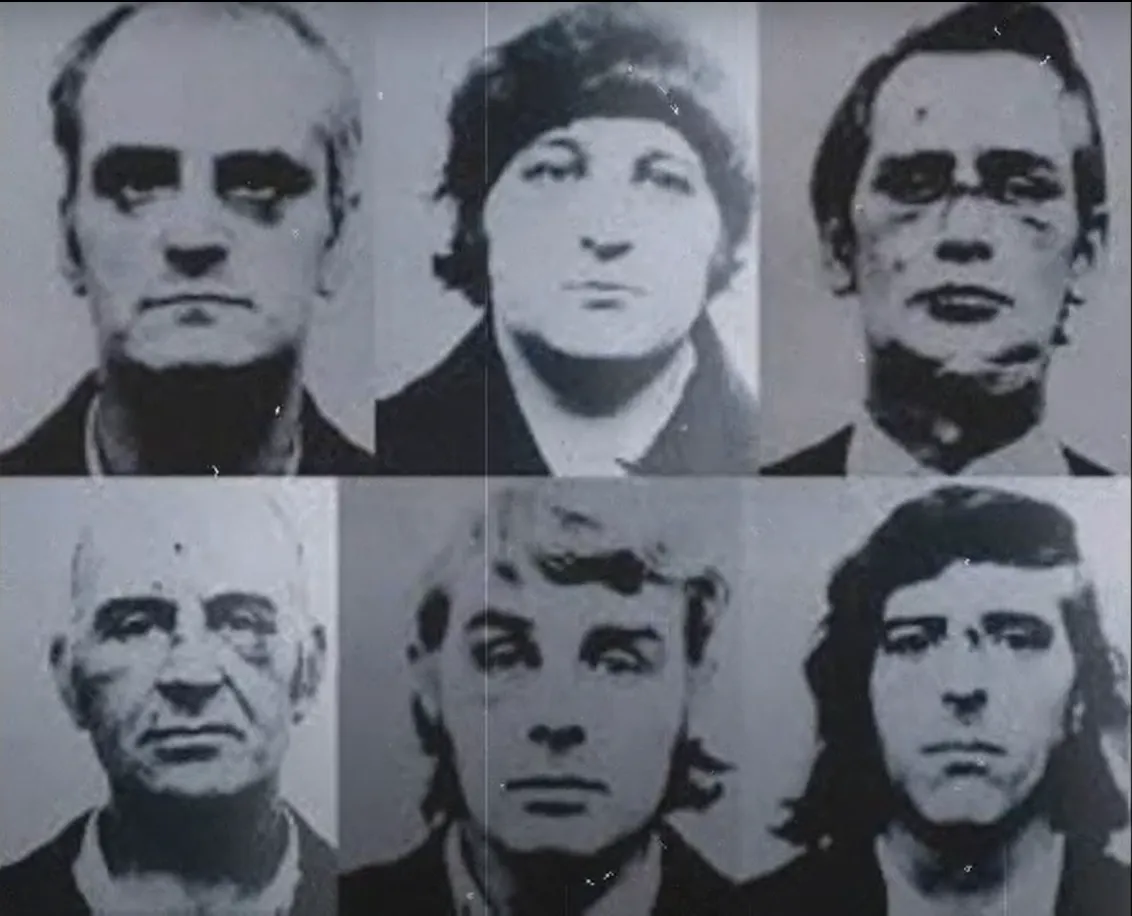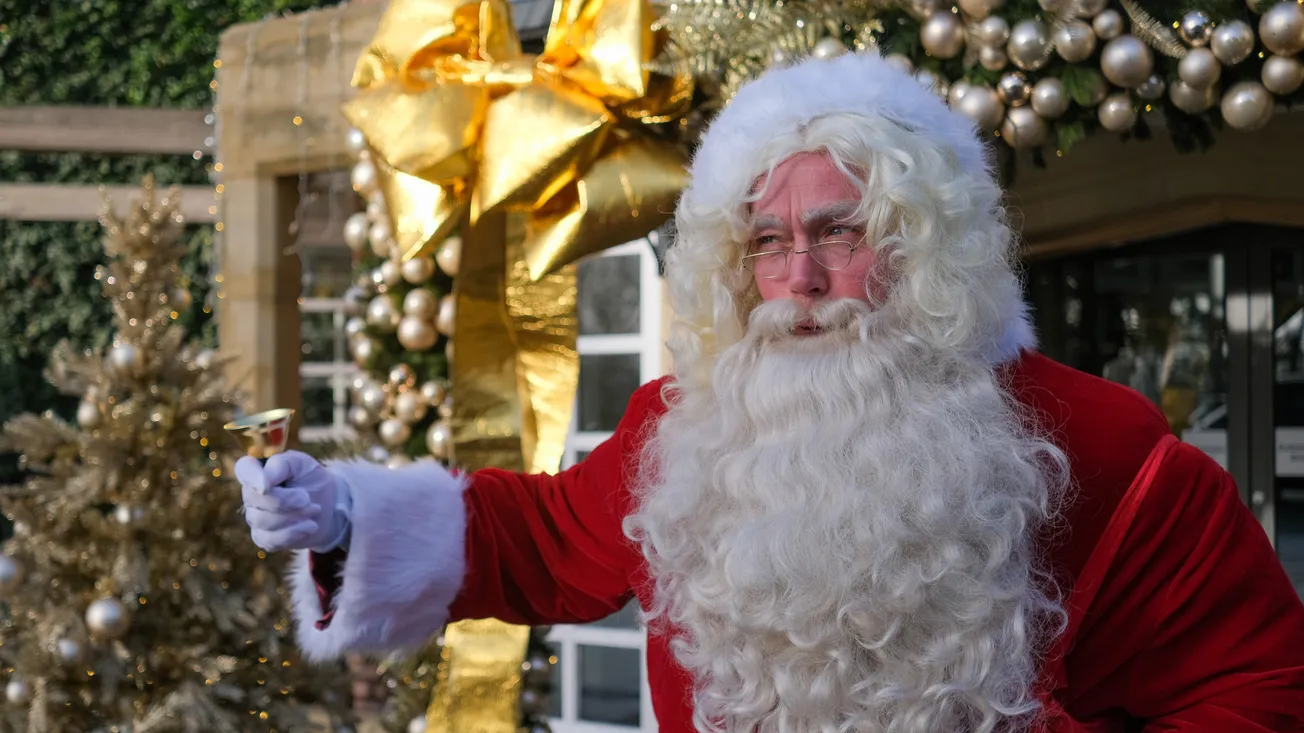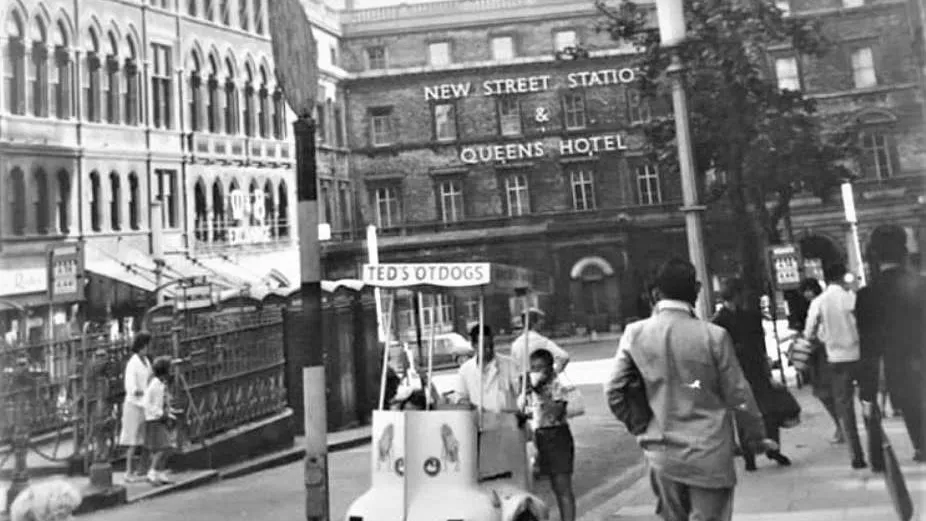By Kate Knowles
Billy Power had been in police custody for about eight hours when, he later alleged, he was led upstairs by detectives from his cell and into a ten-feet–by–six room with a mirror on the wall. As he entered, one of the coppers punched him in the back of the head, causing Power to stumble. It was the first blow of a savage beating that would see the man dragged by his hair into a windowless room, surrounded by half a dozen men punching and kicking him from all sides until he was doubled over in pain. They would threaten to stretch his testicles and tell him he “would never have sex with his wife again”. The abuse was so brutal, Power lost control of his bowels. “You dirty, murdering IRA bastard,” the police yelled at him, before he confessed to a crime he hadn’t committed.
It was 22nd November 1974. The previous night, two explosions had ripped through two pubs in the city centre: one in the Tavern in the Town on New Street, the other in the Mulberry Bush underneath the Rotunda. Another bomb, planted at Barclays Bank on the Hagley Road, did not detonate. 21 people were killed and more than 200 injured. The Birmingham bombings were the deadliest attacks on English soil during the Troubles, and their impact on the city endures to this day. Those who planted the bombs have never been charged for their crimes. Power and the five other men who were falsely imprisoned — the Birmingham Six — wouldn’t be released for 16 years. If capital punishment hadn’t been outlawed, they would have hanged.
All the men were from Ardoyne, apart from John Walker (39), a kindly man from Derry. He and Richard McIlkenny (41) worked together at Garrington’s Forging and Presswork Factory at Witton. Together they arranged raffles and totes for the families of internees in Northern Ireland.

Both were friends with Gerry Hunter (29) who had moved to Birmingham in 1963 when he was 17. A short, quick-tempered young man, Hunter had collected a couple of minor convictions, but by 1974 he had settled down, got married and found work as an industrial painter. Hunter and his friend Billy Power (29) — a soft-spoken man who drifted in and out of work — would sell tickets for Walker’s raffles.
Paddy Hill (29), known for his sense of humour, was short, stocky and tough and in 1970 he had served 13 months in prison for stabbing three bouncers in a fight. Hughie Callaghan (44) was an unemployed labourer who suffered from stomach ulcers. His wife Eileen described him as a “timid, inoffensive man with no political beliefs”. He was also a regular at the Crossways pub.
Following a failed civil action and two appeals, the men were eventually released in 1991, a few months before I was born in Birmingham. Although the bombings and the subsequent arrests took place long before my time, I was conscious of their impact from a very young age. My dad, who had moved from Belfast to London by 1974, remembered the wave of anti-Irish sentiment that swelled around the UK after the bombings. According to him, it wasn’t unusual for people to overhear Irish accents on the street and to insult the speaker. For the families of the victims, they have never been afforded the closure of seeing the true culprits brought to justice.

The Birmingham Six owe their freedom largely to the work of journalist and ex-Labour MP Chris Mullin, who conducted what novelist Sebastian Faulks has called “one of the greatest feats ever achieved by an investigative reporter”. Others were less complimentary about his work. The Sun called Mullin “odious”, and dubbed him “a mouthpiece for IRA sympathisers”, while The Daily Star considered him “a simple stooge for the dark and sinister forces who seek to impose anarchy on Ireland”. All these quotes are printed in the front of Mullin’s book, Error of Judgement, which was originally published in 1986. This year, Mullin published a new edition to mark the 50th anniversary of the bombings.
“It just triggered my interest at the time,” Mullin tells me about the period when the six were facing trial. “I just kept an eye on the case from that moment onwards, because it seemed to be a very big scandal.” The case involved possibly the unluckiest example of being in the wrong place at the wrong time ever recorded. It did not help that several of the men had plans to attend the Belfast funeral of an IRA member. James McDade had died a week earlier when the bomb he was planting in Coventry’s GPO telephone exchange exploded prematurely.
On the night of the bombings, five of the men were seen off at New Street Station by Hughie Callaghan before boarding a train to Heysham where they were to catch the ferry to Ireland. They never made it onto the boat. News that five Irishmen had caught a train from Birmingham headed for the Emerald Isle shortly before the bombs went off made its way to Lancashire. When they arrived, the British Transport Police were waiting for them. The men were taken to Morecambe Police Station, where members of West Midlands Serious Crimes Squad arrived in the early hours of the morning. Callaghan was arrested in Birmingham the following day.

All of the men later alleged they were subjected to violence while in custody. They were punched, kicked and slapped. Walker suffered a mock execution when officers put a blanket over his head and pressed the barrel of a gun to his temple and pulled the trigger. The men were brought to Queens Road Police Station in Aston, Birmingham where they were kept awake all night by barking Alsatian dogs and an officer who kept shouting at them to stand to attention. Four of the men signed confessions; Hill and Hunter refused. By the time the men were remanded in custody at Winson Green prison, “they appeared stiff, absolutely bewildered and completely terrified” according to Prison Officer Ivor Vincent.
Years later, the West Midlands Serious Crimes Squad would be disbanded ahead of a massive inquiry by West Yorkshire Police. More than 50 detectives, several of whom took part in the pub bombings investigation, were transferred to non-operational duties — systematic fabrication of confessions was the main allegation.
Two categories of evidence were used to seal the fate of the men. One, the testimony of a forensic scientist, Dr Frank Skuse, who said he was “ninety nine per cent certain” that Billy Power and Paddy Hill had been in contact with commercial explosives. Two, the four confessions the men alleged were beaten out of them by the police. Skuse had been called to Morecambe Police Station, where the suspects had been taken after their arrest at Heysham, to swab each of the men’s hands for samples to test for traces of explosives. Skuse would go on to be “the most important witness of the trial” writes Mullin, because were his tests to be discredited, the prosecution would have only the “deeply flawed confessions” and circumstantial evidence to rely on.
Unfortunately for the men, the expert who was called upon to rebut Skuse’s evidence, retired Chief Inspector of Explosives for the Home Office, Dr Hugh Black, was deemed unsatisfactory by the judge. Black testified that there was a wide range of substances which could result in a positive test of the kind Skuse conducted, including nitrocellulose which is commonly found in lacquers, varnishes and paints on furniture in hotels and bars. On paper, Black was a formidable witness who had spent his career advising government departments on explosives, but he had no practical experience of carrying out the tests.

Mr Justice Bridge found this preposterous. He had stated from the outset that “if a judge has formed a clear view, it is much better to let the jury see that and not pretend to be an Olympian, detached observer”. True to his word, he rolled up his sleeves and got his hands dirty, at times even taking over the cross-examination of Black on behalf of the prosecution. “He destroyed him,” Mullin tells me. “And of course, all along [Black] was right.” As for the confessions, the men hoped they would be ruled inadmissible, but the West Midlands Police closed ranks and the judge believed them.
Three men were tried alongside the Six for conspiring to cause explosions and possessing explosives. They had been rounded up in the days following the bombings when the Birmingham police raided the homes of known Republican sympathisers. They were Michael Murray, a crane driver known as “Big Mick”, who, unknown to the jury, had been sentenced on similar charges the previous month; Mick Sheehan who worked at the IMI sheet metal mill at Witton and was a regular at the Crossways; and James Kelly who worked with Sheehan.
The Crown Prosecution Service aimed to show that the nine men were all part of the same IRA unit and by trying the two groups side by side, they were successful in tainting the six with the reputation of the three. Murray in particular had this effect because he had admitted to being a member of the Birmingham IRA and, as was tradition, he refused to recognise the court, staying silent throughout the trial. “His very presence in the room contaminated everybody,” says Mullin.
Before Mullin published Error of Judgement, he persuaded Granada Television’s World in Action to hire him to gather evidence for three documentaries. The first one “dynamited the forensic evidence” used against the six men by proving Black right. The second “blew a hole” in the confession evidence. The final programme was the clincher — it featured an interview with one of the real culprits. Mullin had known for some time that discrediting the evidence against the six wouldn’t be enough to free them. “I had to look the world in the eye and assert their innocence,” says Mullin. “I had to find the actual bombers.”

Surprisingly, it was no secret who had organised the Birmingham bombings — many people familiar with the city’s Irish pubs and clubs either knew or had a pretty good idea of their identities. But the identities of those who carried out the bombings were shrouded in mystery. In 1974, the Birmingham IRA was headed up by a man known as Belfast Jimmy and divided into units, each of which had an Officer Commanding (OC). Jimmy’s deputy was none other than Michael Murray. Mullin tracked down Murray and 14 other members who took part in the West Midlands bombing campaign, including four who were responsible for the pub disasters, two of whom admitted their role.
By this time, it was 1985. Some of those 15 people had never met, while others had not seen each other for years. Some were in prison, some were free. They were scattered across England, Northern Ireland and the Republic. Most were unaware of who else Mullin had spoken to. For these reasons, Mullin argues, he was not being misled by the IRA, as the tabloid press insisted.
He paid a visit to Sinn Féin leader Gerry Adams and his colleague Martin McGuiness. “I said to them, it's about time we put a stop to this you know, they've got the wrong people,” he tells me. He told the men the names of the people he wanted to speak to. They said they couldn’t force anyone to talk but could indicate that they didn’t object. The men agreed, but it was occasionally an unnerving experience. Mullin met with Murray — who is referred to as X in the book — three times, once alone in a dark basement. Mullin, who by then had twice stood unsuccessfully to be an MP, recalls Murray saying:
“I don't like you, Mr Mullin. You're a member of the British Labour Party, so you’re part of the Establishment as far as I am concerned.”
Murray, who died in 1999, admitted he and one other member made the bombs which tore apart the two pubs and the one that was planted on the Hagley Road. He delivered all of the bombs to the OCs of two units about an hour before two other volunteers — James Gavin, who passed away in 2002, and one unnamed man — set out to plant them.
Murray’s job then was to wait for one of the two planters before making warning calls to the police and the newspaper. He used the codeword ‘Double X’ to prove the call was not a hoax — the code was already known both to the police and to Ian Cropper, the telephonist at the Birmingham Post and Mail. But a hiccup occurred when he found two of the phone boxes that had been checked earlier in the day were no longer working. “I therefore pushed off and found another,” Murray told Mullin in 1985. “It didn’t take long.” Still, time was precious — the planting would take up to 20 minutes; the rendezvous with one of the planters before the phone call, another 10. Murray had allowed a one-hour delay on each of the bombs to give the authorities 30 minutes to clear the pubs.

Another hiccup: Murray bungled his warning. He told Cropper and the police the bombs were in “the Rotunda building” and “the tax office building” (he maintained these were the IRA’s targets, not the people) rather than naming the pubs. But Murray was defiant with Mullin: “Any sane person would have cleared the buildings. Instead of clearing out the people, the police went looking for the bombs.”
When Mullin asked Murray how he felt when he heard people were killed, he went silent. Mullin describes it as like talking to a “bomber pilot” whose ammunition had inadvertently landed on a housing estate. His stoicism gave the impression of an attitude that “in war these things happen,” Mullin writes.
If Murray was self-assured, that’s more than can be said for the unnamed planter who Mullin eventually spoke to. He visited the 30-year-old man, who trembled when he spoke, on a “bleak housing estate” in Ireland in 1986. He had been a teenager when he joined the Birmingham IRA in 1973 and was called upon at short notice on the night of the pub bombings. “A person came to see me and said, ‘You’re needed for an operation,’” he told Mullin.
I find reading his full story a strange experience. Even knowing the horrifying consequences of his actions, it’s hard not to feel for the naive young man who left a duffel bag of explosives in the Mulberry Bush and walked away. “If they’d said, ‘We’re going to kill people,’ there’s no way I’d have gone,” he tells Mullin. When Mullin goes to leave, the man tells him he hasn’t ever before spoken about what happened.
“I didn’t tell my wife. None of my relatives know. There was no one I could talk to until now. No offence, but I don’t ever want to see you again.”
A fourth man who Mullin interviewed, Christopher Michael Hayes (referred to as Z in the book), refused to admit any role in the bombings but later accepted “collective responsibility” in an interview with the BBC. He also claimed to have defused the Hagley Road bomb after hearing about the casualties at the pubs. In a fresh inquest into the bombings in 2019, a jury found the “inadequate” IRA warning call caused or contributed to the deaths.

Mullin was right that tracking down the real perpetrators would help to prove the Birmingham Six’s innocence. But Error of Judgement’s influence reached much further than this one case. Within hours of the men’s release on 14th March 1991, Home Secretary Kenneth Baker set up the Royal Commission on Criminal Justice. This led to the Criminal Cases Review Commission, the statutory body that investigates alleged miscarriages of justice. It still operates today — its headquarters are in Birmingham — and it has seen 571 cases successfully appealed in the courts.
But the running hasn’t always been smooth for Mullin since the victory. In 2019 he faced pressure to identify the planter in a fresh inquest into the bombings. Julie Hambleton, whose 18-year-old sister Maxine was killed in the Tavern in the Town and who founded the Justice4the21 campaign with her brother Brian, confronted Mullin outside the court. “How do you sleep at night?” she asked him, while others who were gathered there called him “scum”. Mullin tells me he respects the campaigners but that if it wasn’t for him, the names of three of the four bombers would not be known.
In 2022, Mullin had his own legal battle to fight when West Midlands Police tried to get him to disclose his sources and reveal the identity of the unknown planter. They lost their case — it was a historic victory for press freedom. The following year, a reinvestigation into the bombings was opened, but the Crown Prosecution Service could not positively identify who planted the bombs, and no criminal charges were brought.
As for the police who were responsible for the original investigation, in 1993 three detectives went on trial for perjury and conspiracy to pervert the course of justice — but they never faced a jury. A fair trial was impossible, the judge said, because the Birmingham Six had become synonymous with “forced confession”. Then he threw out the charges.
A year later, a long inquiry into the investigation, conducted by none other than West Midlands Police itself, concluded. There was insufficient evidence for further criminal proceedings. Announcing the outcome, Chief Constable Ron Hadfield said: “I don’t feel I have anything to apologise to the Birmingham Six for. I have carried out an inquiry and reported the findings. Like anyone else they are entitled to read the conclusions.”








Comments